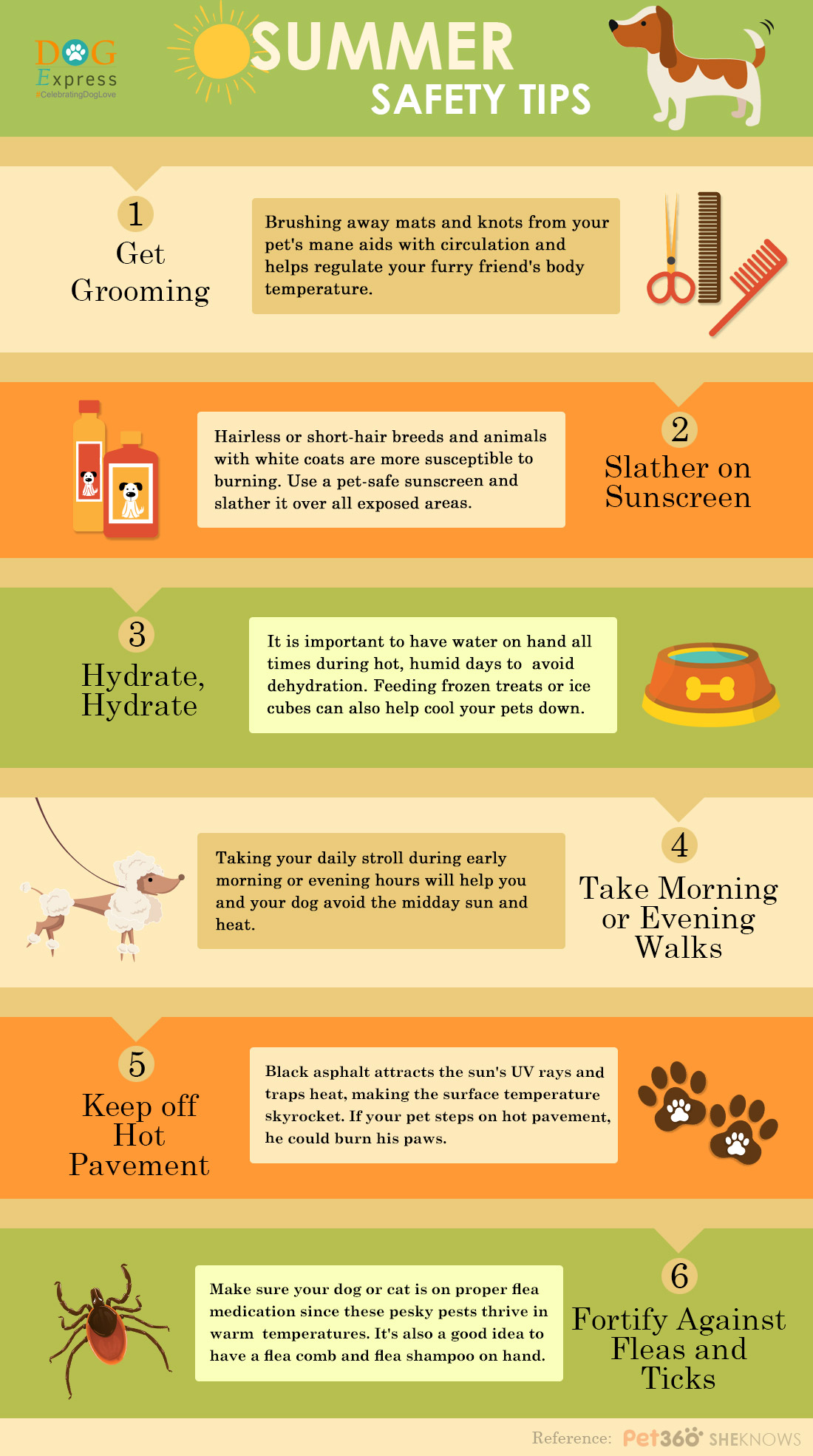Tips For Finding Local Dog Daycare
Tips For Finding Local Dog Daycare
Blog Article
Can Canine Day Care Cause Disease?
Dogs in childcare get lots of exercise, socializing with various other canines and unique experiences. This can be specifically practical for young puppies and dogs with behavior concerns.
There are a number of legal factors to consider you require to take into account when starting a doggy day care organization. These consist of the structure of your business and compliance with government guidelines.
1. Dog Distemper
Canine distemper is spread out via straight contact with the physical fluids and waste of an infected canine, but it can likewise be transferred by means of common water and food bowls or via air-borne beads. This very transmittable ailment is most dangerous for puppies, but it can impact canines of any type of age and is fatal for a lot of if left without treatment.
First signs and symptoms of canine distemper often mimic a common cold, including runny eyes and nose with watery or pus-like discharge. As the illness advances, a pet dog will certainly establish high temperature, coughing, minimized hunger, throwing up and looseness of the bowels. The virus can likewise assault the nerve system, leading to seizures, jerking and partial or total paralysis.
Credible childcares lower direct exposure to infection by needing inoculations, regular health examinations and comply with stringent hygiene protocols. If your dog appears extremely worn out or hopping, a day of rest may help him recover, yet you should avoid taking him back to daycare till these signs and symptoms improve.
2. Kennel Coughing
Kennel cough, likewise known as infectious canine tracheobronchitis or Bordetella, is a highly transmittable viral or microbial condition that influences the breathing tract. It's typically transferred through the exchange of saliva or air droplets that a sick pet breathes out. Social pet dogs are at higher risk for infection due to their constant communication with each other, such as when they play, share food or water, sniff one another or merely fulfill in a jampacked atmosphere like a canine park or daycare.
One of the most typical sign of kennel cough is a consistent and forceful coughing that seems like something embeded the throat or retching. Typically, canines will divulge foamy white phlegm. If left without treatment, a canine can develop pneumonia and go to severe risk permanently.
A trustworthy childcare facility should have stringent cleaning and sanitation methods, sterilize all toys, food and water bowls regularly, and be open concerning their vaccination policies. Maintaining your pet dog up to day on their vaccinations, specifically for bordetella and canine flu, will considerably reduce their chances of acquiring the disease.
3. Parvovirus
Canine parvovirus, or parvo, is a highly infectious viral illness that can be harmful for pups and young adult pets with bad body immune systems. It's most frequently spread by direct contact with infected dog feces-- which can take place when canines smell, lick, or taste infected feces-- and indirectly from infected people, things, or atmospheres (like kennels, grooming areas and yards). Pups and pet dogs without complete inoculation histories are specifically prone to parvo.
The virus is very resilient, enduring in the atmosphere for up to 9 years, and can easily be moved between pets by contact via feces or on shoes, clothing, and bed linen contaminated with dog boarding places near me parvovirus. Otherwise treated promptly with IV fluids, electrolyte equilibrium, vomiting control drugs and prescription antibiotics to stop additional microbial infections, a canine will swiftly dry out and develop serious looseness of the bowels, which causes shock and sepsis. Parvo is tough to cure when a dog has come to be ill, however with ideal veterinary treatment, many young puppies do survive this health problem.
4. Canine Influenza
Pooch influenza infection is highly infectious and spreads via direct call, sharing food and water bowls, licking or nuzzling other canines, via airborne droplets, and via contaminated surfaces. Inoculation works in minimizing the risk of infection and break outs.
The majority of affected pets develop a moderate respiratory system infection with a cough that lasts 1-3 weeks. They might additionally have nasal and ocular discharge, sneezing, and sleepiness. A few of one of the most serious situations cause pneumonia and a high fever.
If your canine displays any one of these symptoms, do not bring them back to day care until they are healthy. If your pet is showing signs of severe fatigue or limping, speak to your veterinarian immediately and make certain they get on good health supplements to aid build their immunity. A vet will assess your pet dog for signs and symptoms of the flu by taking a sample from the nose or throat, and blood tests can be done to validate.